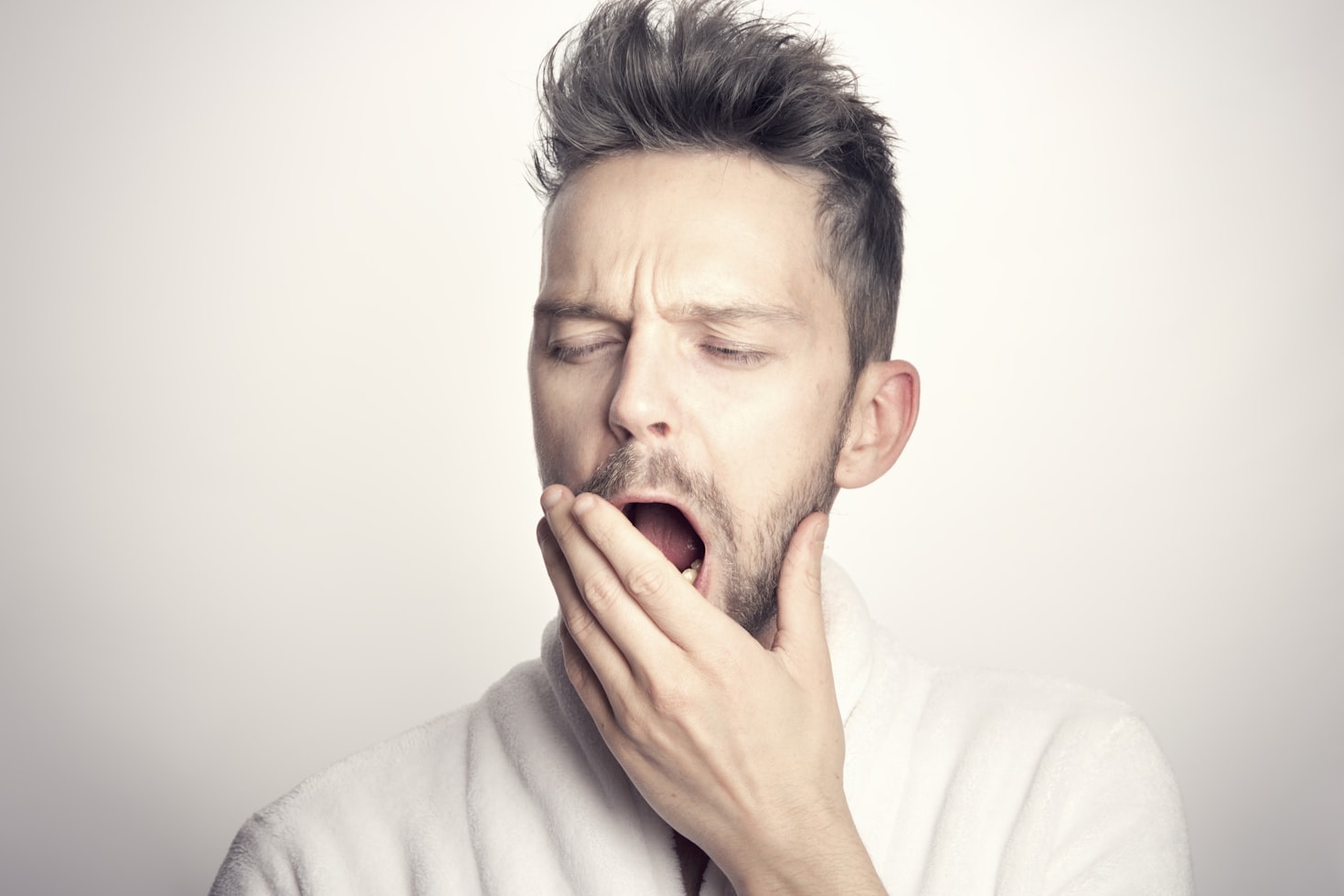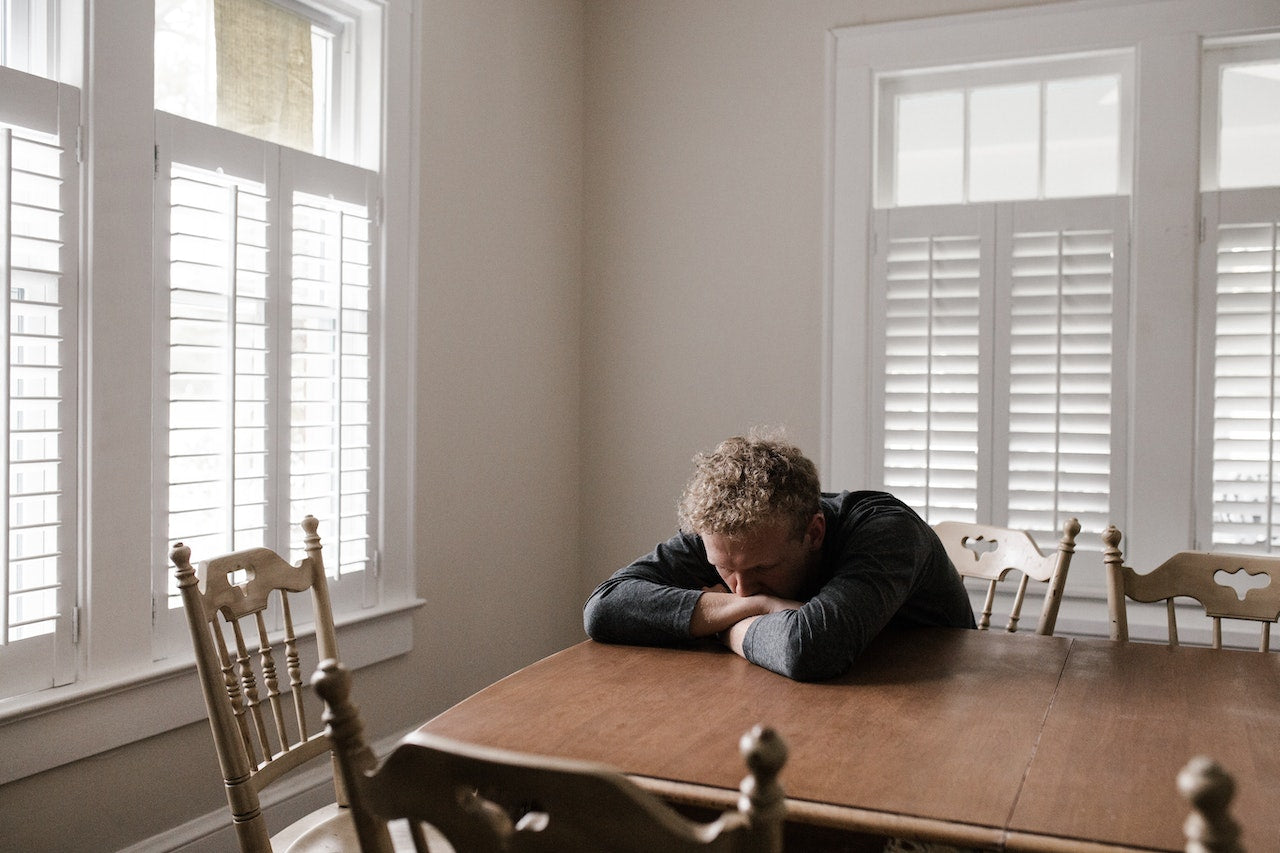Obstructive sleep apnea is a surprisingly common sleep disorder, estimated to impact roughly one out of every five adults in the United States. Despite its prevalence, however, many people aren’t fully aware of what sleep apnea is or how it can affect their health. In fact, the majority of people who struggle with sleep apnea aren’t even aware they have the condition.
A lack of understanding about sleep apnea’s symptoms and long-term impacts play a major role in why so many people have undiagnosed sleep apnea. But the risk associated with untreated sleep apnea cannot be ignored. By understanding the warning signs and using a CPAP machine as prescribed by a doctor, you can improve your sleep quality and your overall health.
What Is Sleep Apnea, and Why Don’t People Know When They Have It?

Obstructive sleep apnea is a sleep-related breathing disorder. It occurs when the throat becomes blocked or constricted during sleep — usually when fatty tissue surrounding the throat collapses around the airway. After the flow of air is cut off, the brain essentially forces the body to wake up so that the throat muscles can re-engage and normal breathing can resume. The person usually falls back to sleep almost immediately after the brief awakening.
Sleep apnea breathing interruptions can occur upwards of 30 times an hour for people with severe sleep apnea — but despite this, most people don’t realize that they are waking up. However, these constant interruptions prevent the body from entering “deep sleep,” which is necessary for the person to feel fully refreshed and recovered the next day.
So why don’t people realize they have sleep apnea? Aside from feeling tired the next morning, most people aren’t going to notice anything unusual about their sleep — especially since they are unlikely to remember waking up in the middle of the night. If you don’t share a room with someone who notices these nighttime awakenings and other common symptoms like snoring, making choking sounds, or gasping for breath during sleep, you won’t notice them yourself.
What are the Long-Term Risks of Sleep Apnea?
Long-term, sleep apnea does much more than leave you feeling tired in the morning. Extreme fatigue can leave you irritable, prone to mood swings, and make you have trouble concentrating. Individuals suffering from sleep apnea are more likely to fall asleep while driving or at work, increasing their risk for dangerous accidents.
However, sleep apnea is most problematic in how it affects your heart. Sleep apnea events place additional stress on the body, and keep the blood pressure from being able to stay at its lower, “relaxed” level that usually occurs during sleep. This increases blood pressure, while also increasing the risk for heart attack and stroke. Individuals with sleep apnea also have a higher risk for type 2 diabetes, anxiety, depression, and fatty liver disease.
As one study explains, “people with severe sleep apnea, who wake up more than 30 times per hour, are three to four times more likely to die from any cause, shaving as much as a decade off their lives. People with the moderate form, who wake up between 15 and 30 times per hour, are 72% more likely to die.”
How Can You Identify a Risk For Sleep Apnea?

The easiest way to identify sleep apnea is if you share your room with someone else who notices common symptoms while you are sleeping — snoring, gasping for breath, or making choking sounds. But even if you’re on your own, you can still identify some key warning signs.
Understanding common risk factors for developing obstructive sleep apnea is a helpful starting point. Generally speaking, men are more likely to have sleep apnea than women, and the risk for developing this condition increases as you get older. Certain physical features, like a large tongue or short lower jaw, can also increase the likelihood of developing sleep apnea.
One of the biggest risk factors for sleep apnea is being overweight or obese, as the extra fatty tissue increases the likelihood of the throat getting closed off during sleep. Frequent nasal congestion, smoking, and drinking alcoholic beverages can also increase the risk for sleep apnea.
There are also some daytime symptoms to be aware of. People with obstructive sleep apnea often wake up with a sore throat or dry mouth. Morning headaches are also common.
Of course, the biggest clue that something is wrong is excessive fatigue. Fatigue that causes you to feel extremely sleepy during the day, or contributes to irritability, mood swings, and trouble concentrating, could be linked to a sleep disorder.
If you have known risk factors or symptoms of sleep apnea, your next step is to visit a sleep specialist. They can go over your symptoms and medical history, as well as conduct a sleep study to determine the severity of your condition.
Manage Sleep Apnea With a CPAP Machine
When someone is diagnosed with sleep apnea, they are typically prescribed a CPAP machine, which will provide pressurized air via a mask. The continuous airflow keeps the airways from collapsing, allowing the user to enjoy rejuvenating, uninterrupted sleep.
While CPAP machines are very effective at keeping sleep apnea under control, they can become rather expensive if you don’t have good health insurance coverage. However, with Help Medical Supplies, you can save hundreds of dollars on top CPAP machines from leading brands like ResMed. With free shipping and available financing on select orders, you can get the medical equipment you need to reclaim quality sleep.

